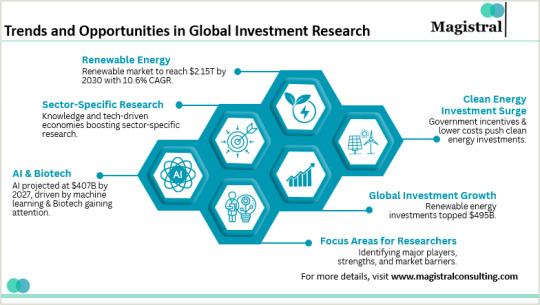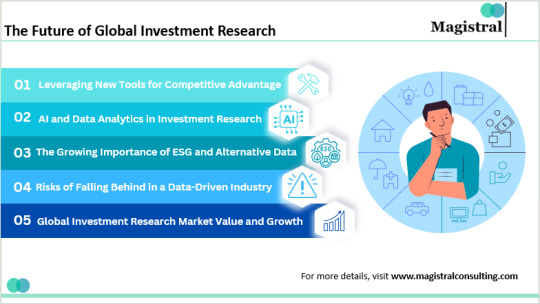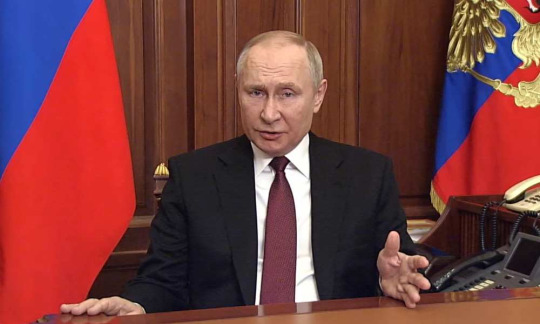#GeopoliticalInfluences
Explore tagged Tumblr posts
Text
Why The Price of Oil Goes Up Or Down
youtube
Dive into the dynamic world of oil prices and discover the factors influencing their fluctuations. Explore the intricate mechanisms behind the rise and fall of oil prices, from geopolitical tensions to supply and demand dynamics. Gain insights into the global economic landscape and understand why the price of oil is a key indicator. Whether it's market speculation or unforeseen events, unravel the complexities shaping the energy market and stay informed about the forces driving oil prices.
#OilPriceFluctuations#GlobalEconomy#GeopoliticalInfluences#SupplyAndDemand#MarketSpeculation#EnergyMarketInsights#OilPriceIndicators#EconomicFactors#FuelMarketTrends#StayInformed#Youtube
0 notes
Text


Global Investment Research: Navigating a Dynamic Landscape
#magistralconsulting#globalinvestment#investmentresearch#trendsandopportunities#microeconomics#geopoliticalinfluence#futuredecisions
0 notes
Text
The Geopolitical Game: How Russia's Financial Power Shapes Global Relations

Russia's financial power plays a pivotal role in shaping global relations. In this blog, we'll explore how Russia wields its financial influence on the world stage, impacting geopolitics and international dynamics.
**1. Energy Dominance: Russia is a major energy exporter, particularly in the form of oil and natural gas. Its energy resources give it significant leverage over energy-dependent nations and play a crucial role in its foreign policy.
**2. Energy as a Political Tool: Russia has not hesitated to use its energy resources as a political tool. Gas disputes with Ukraine and Europe have highlighted the geopolitical dimension of Russia's energy exports.
**3. Economic Interdependence: Russia's economic interdependence with Europe and Asia has far-reaching consequences. Trade relationships, investment ties, and energy partnerships have deepened its influence in these regions.
**4. Military Expansion: Russia's financial power enables it to invest in military modernization and expansion. This has implications for its geopolitical influence, particularly in regions like Eastern Europe and the Arctic.
**5. Sanctions and Countermeasures: Western countries have imposed economic sanctions on Russia in response to its actions in Ukraine and other geopolitical disputes. In turn, Russia has sought to develop alternative financial systems and partnerships to mitigate the impact of sanctions.
**6. Currency and Financial Alliances: Russia has pursued alliances with countries seeking alternatives to the U.S. dollar-dominated financial system. These efforts include currency swaps and agreements to settle trade in national currencies.
**7. Influence in Multilateral Organizations: Russia is a member of various multilateral organizations, such as the United Nations and BRICS. Its financial power allows it to influence global policy debates and negotiations.
**8. Soft Power and Cultural Diplomacy: Russia uses cultural diplomacy and soft power initiatives to enhance its global image and strengthen its influence. These efforts include media outlets like RT (formerly Russia Today) and cultural exchanges.
Conclusion: Russia's financial power is a significant driver of its geopolitical influence.
Its energy dominance, economic interdependence, military capabilities, and responses to sanctions all contribute to its role in shaping global relations.
As Russia continues to navigate the geopolitical game, its financial strategies and alliances remain central to its pursuit of influence on the world stage.
#RussiaGeopolitics#GlobalRelations#FinancialPower#GeopoliticalInfluence#RussiaGlobalRole#InternationalRelations#EconomicDiplomacy#GlobalFinance#RussianInfluence#WorldPolitics
0 notes